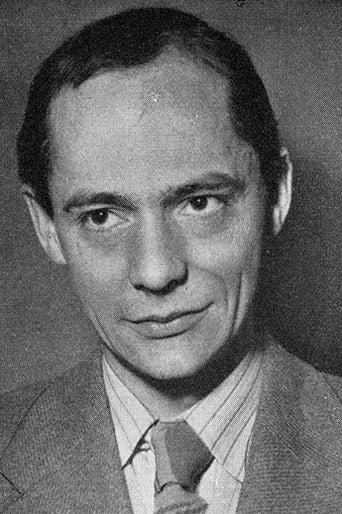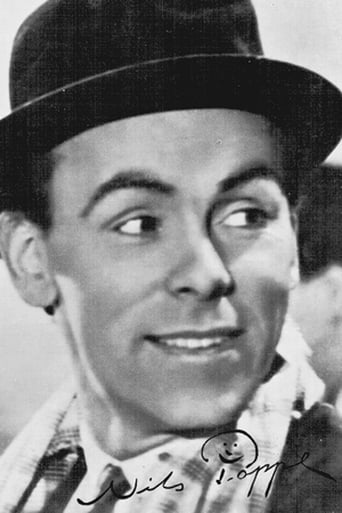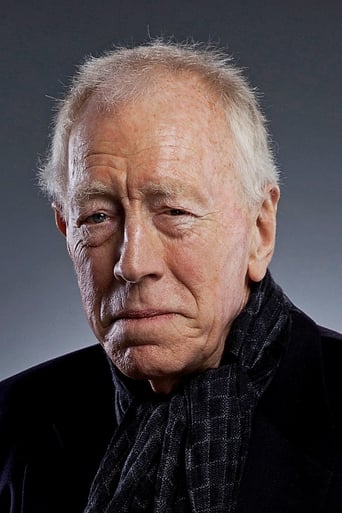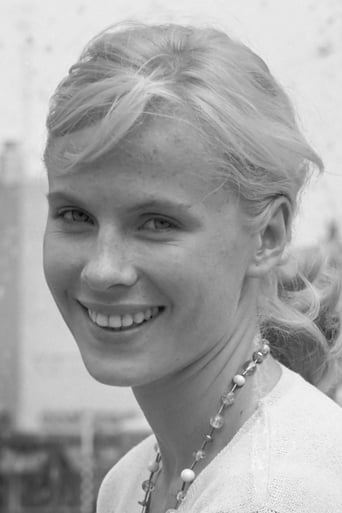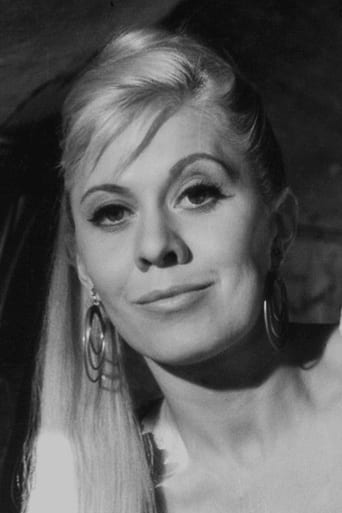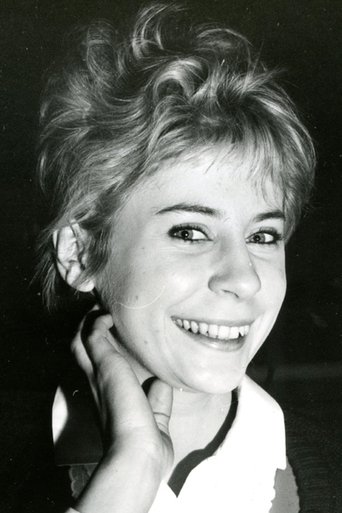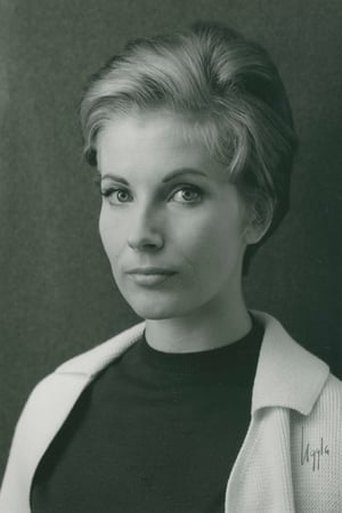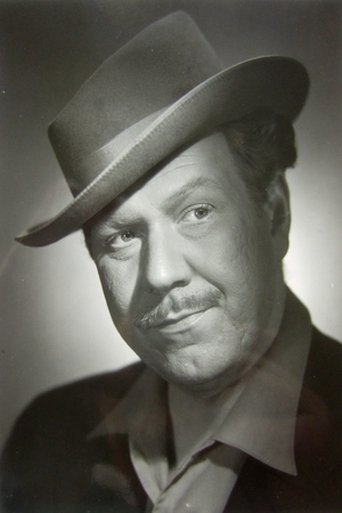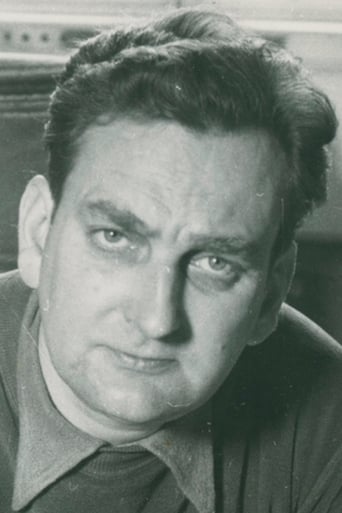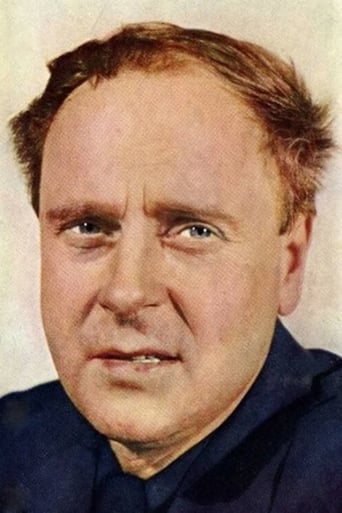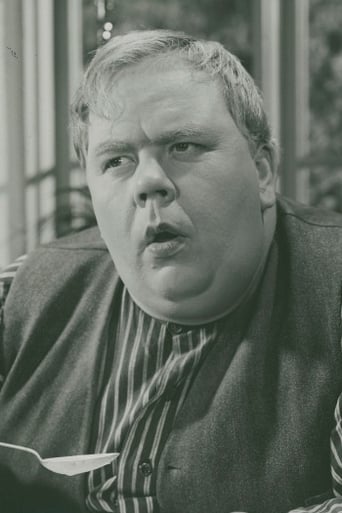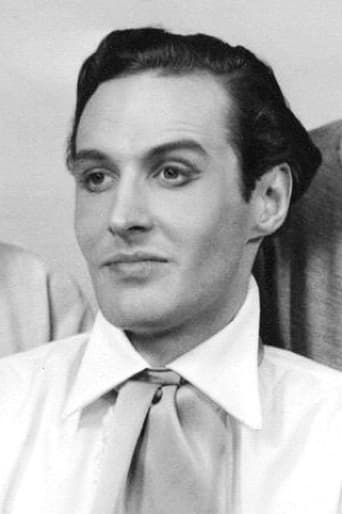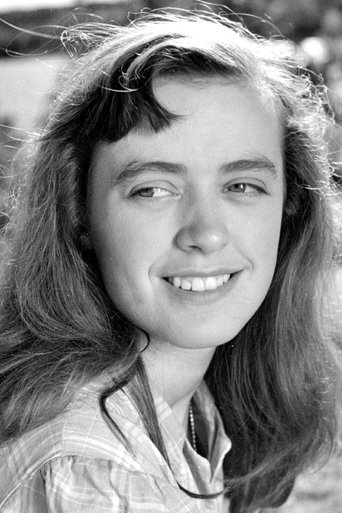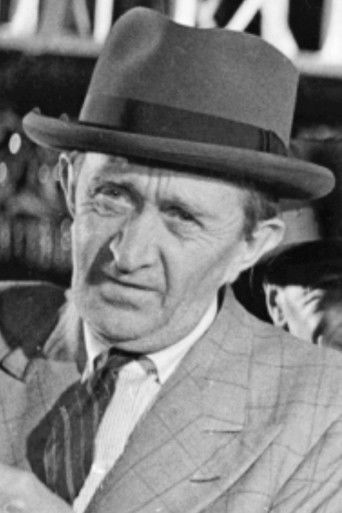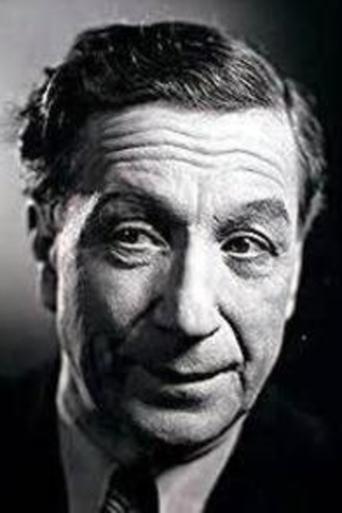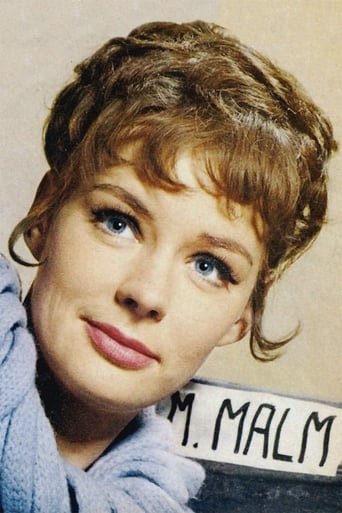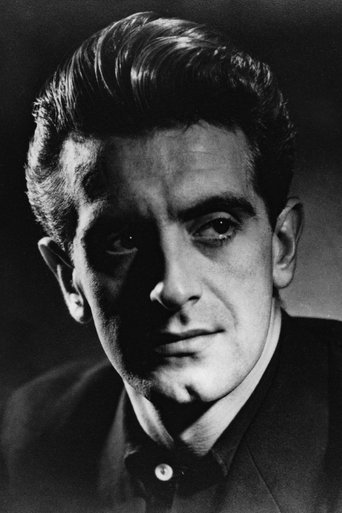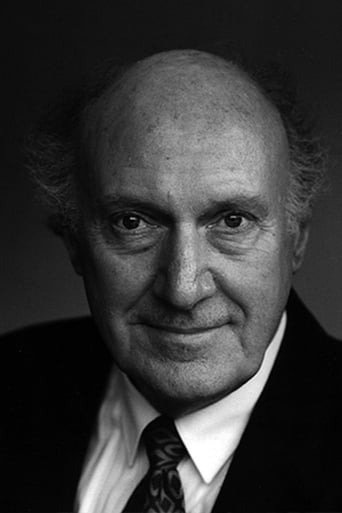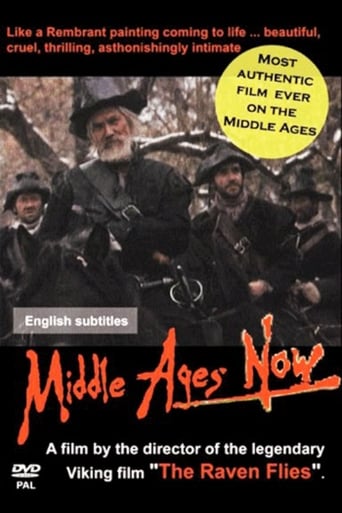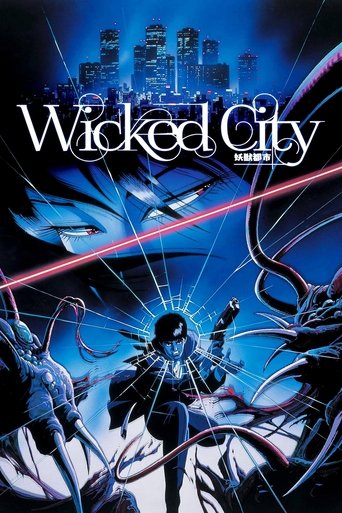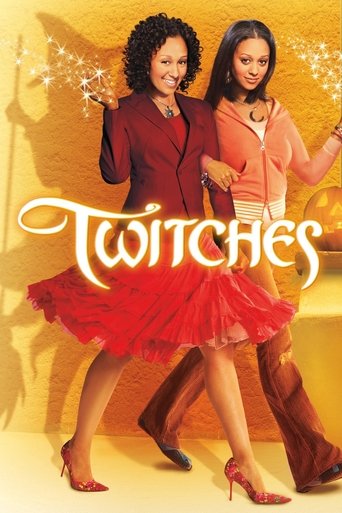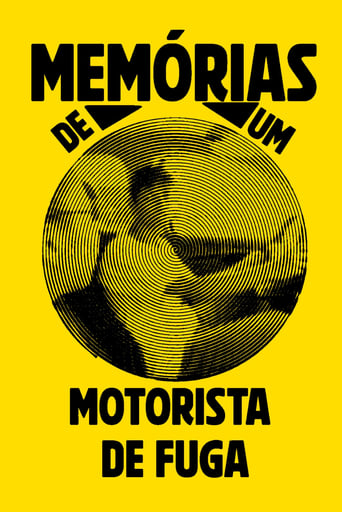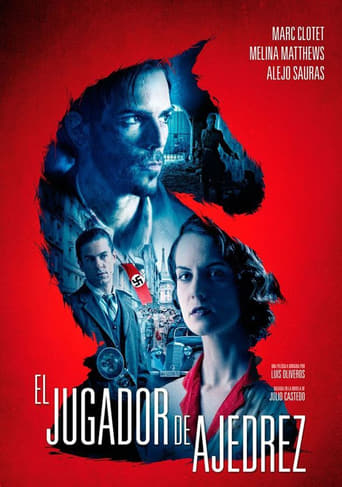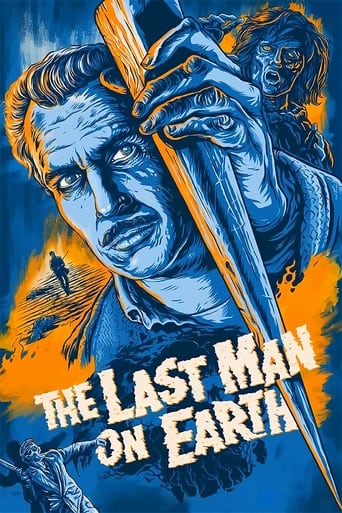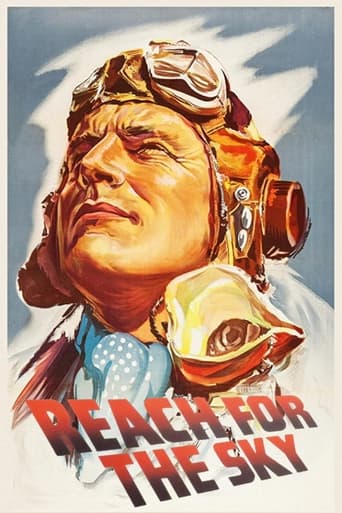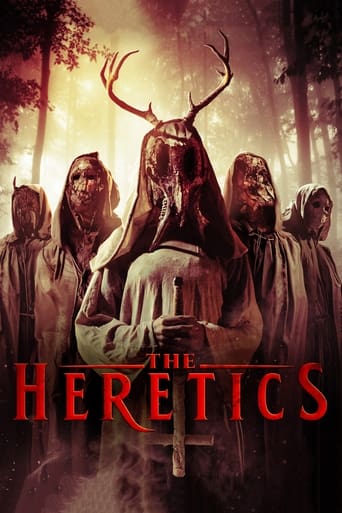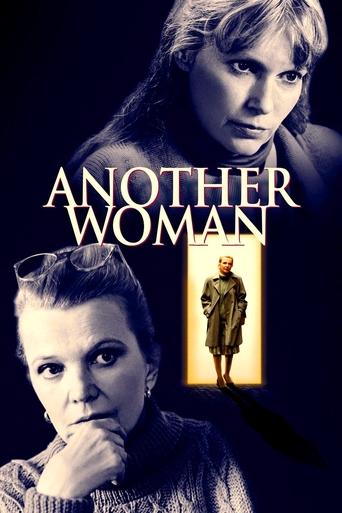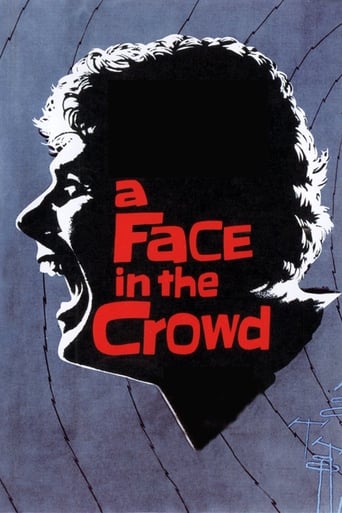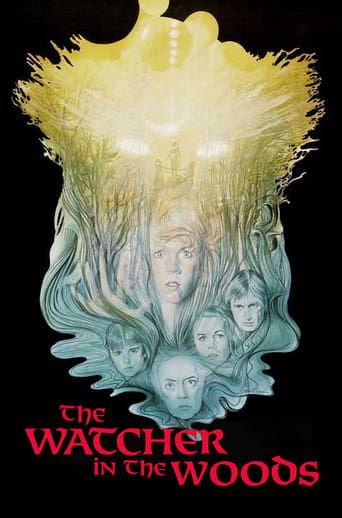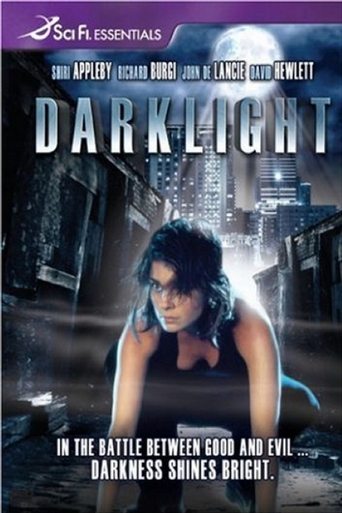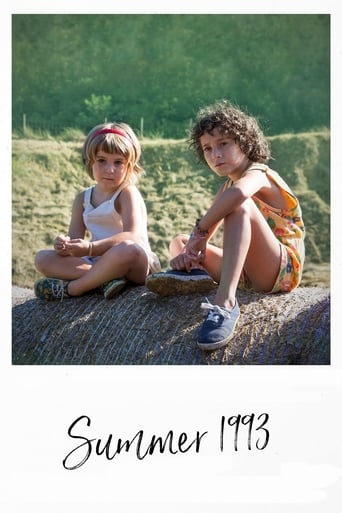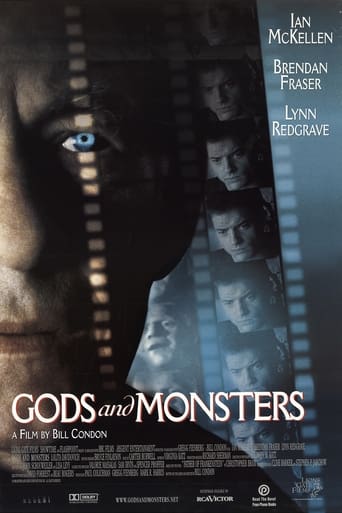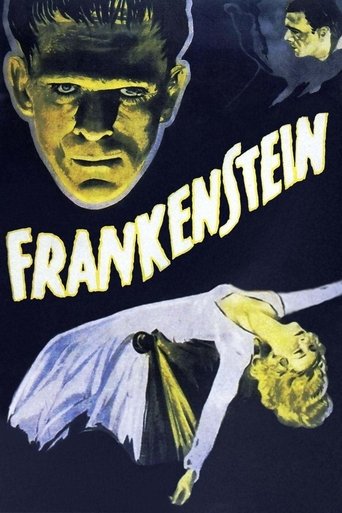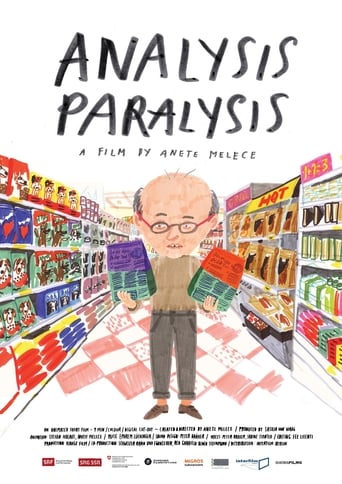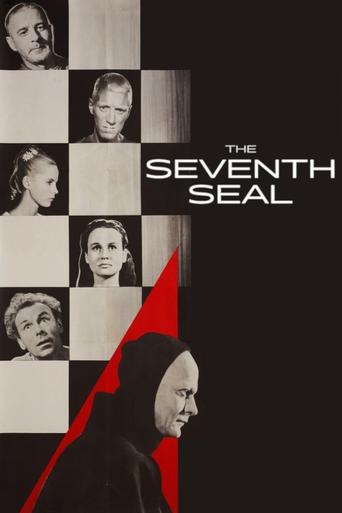










The Seventh Seal (1957)
When disillusioned Swedish knight Antonius Block returns home from the Crusades to find his country in the grips of the Black Death, he challenges Death to a chess match for his life. Tormented by the belief that God does not exist, Block sets off on a journey, meeting up with traveling players Jof and his wife, Mia, and becoming determined to evade Death long enough to commit one redemptive act while he still lives.
- Ingmar Bergman
- Lennart Olsson
- Katinka Faragó
- Ingmar Bergman
- Ingmar Bergman
Rating: 8.185/10 by 3043 users
Alternative Title:
Le 7ème sceau - FR
El séptimo sello - ES
Yedinci Mühür - TR
제7의 봉인 - KR
Det syvende segl - NO
Седми печат - RS
O Sétimo Selo - BR
Yeddinci Möhür - AZ
Country:
Sweden
Language:
svenska
Runtime: 01 hour 36 minutes
Budget: $150,000
Revenue: $311,212
Plot Keyword: witch, dying and death, blacksmith, chess, countryside, allegory, crusade, artist, juggler, witch burning, last judgment, symbolism, sense of life, matter of life and death, grim reaper, black and white, demon, belief in god, middle ages (476-1453), meaning of life, virgin mary, black death, playing chess, death personified, death incarnate, life teacher, metaphysical, 14th century, seeking a god, relaxed, metaphysical drama, metaphysics, mysticism, kabbalah, spiritism, the virgin mary
Interesting and iconic movie about faith and the meaning of life. A must seen.
**The universality and invincibility of Death, the fear of dying, the importance of faith and its use by the Church in a timeless film, but not suitable for everyone.** The film, set in the late Middle Ages, begins with a knight returning to his homeland in Sweden after participating in the crusades. When he spots the figure of Death, who has come to get him, he decides to try to gain time by inviting her to play chess: if he wins the game, Death will not take him. What follows is a huge film essay around the themes of death, beliefs, faith, religion and the role of spirituality in human experience. While the plague is raging and claiming victims, we see people increasingly scared, and blindly resorting to faith to protect themselves from what looks like the end of times. We see people's daily lives, with their mistakes, virtues, sins and difficulties. We see the knight himself, with a growing fear of dying and struggling with deeper and deeper doubts about faith, the existence of God. Furthermore, we also see how the Church exploited the fear of death to reinforce its power, influence and relevance within uneducated communities shaken by the epidemic. The ending is simple, but there is a deep meaning in it. Swedish filmmaker Ingmar Bergman's masterpiece seems to have its origins in his own fear of death. Max von Sydow, who gave life to the knight, is the greatest actor present in the film and gives us a strong and impactful performance. The film has gained notoriety over the decades and has become one of the most timeless and culturally significant classics of European cinema. However, it is not a film for everyone. Its simplicity, the way it approaches very complicated and philosophical themes and the ending that is difficult to understand at first glance are more than enough reasons why many people do not like this film, and I have to admit that there is a reason. For me personally, it wasn't a success, it's not a movie you want to see regularly, but I recognize its value.


